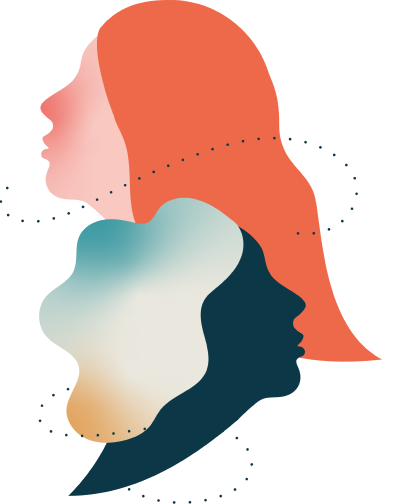Menopause shows up in different ways. Understand how different symptoms might be impacting you.
Treatments and Symptoms
Night Sweats
What it feels like
A sudden wave of heat at night accompanied by sweating, reddening of the skin and increased heartbeat; waking in a cold sweat with wet bed sheets
Why it happens
Decreasing estrogen causes the hypothalamus, a structure in the brain that acts as the body’s thermostat, to become more sensitive to slight changes in body temperature. The brain believes your body is too warm and starts a chain of events to cool you down. When you are asleep, you don’t adjust your clothes or fan yourself like you would with a daytime hot flash, so by the time you wake you are in a full sweat.
According to the 200,000 respondents who have taken our Menopause Assessment:
73%
of women in perimenopause or menopause experience night sweats or hot flashes
20%
said that night sweats negatively affects their quality of life in a significant way
7 to 10 years
is the average length of time that women experience night sweats due to menopause
Get Started
Fast virtual menopause relief
Convenient access to expert care when you need it, on your schedule.
Learn about other symptoms

In-Person Care
Looking for an in-person OBGYN?
Visit our online scheduler, Lodus Health. There you can access 2,700+ independent, affiliated providers who deliver comprehensive women's health services.
Get Care

